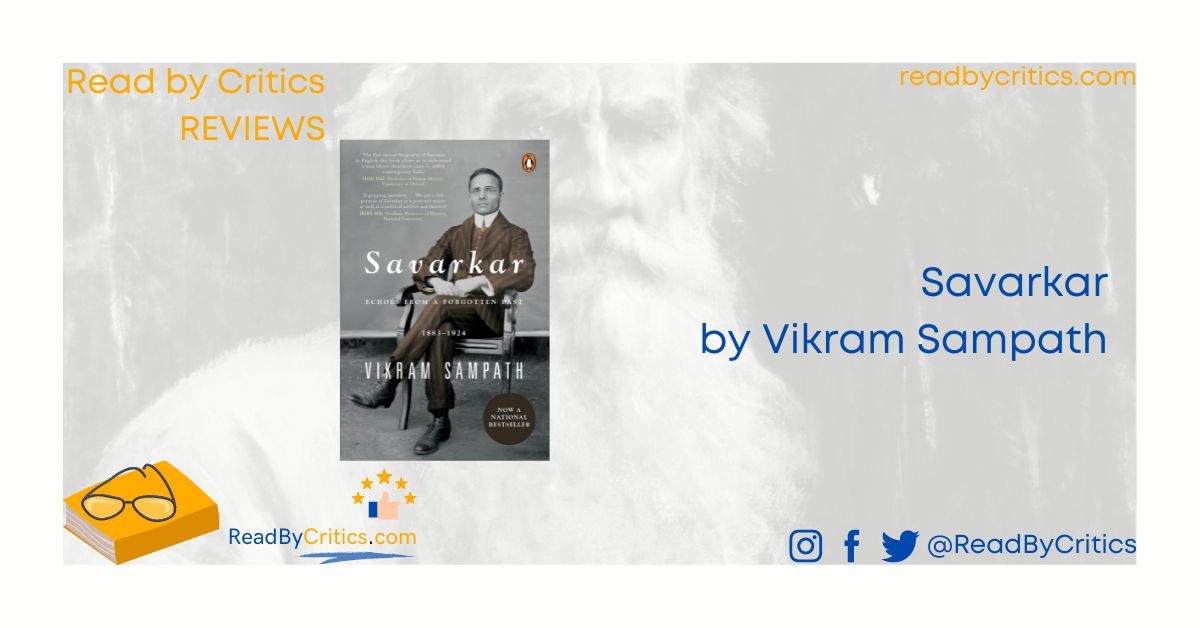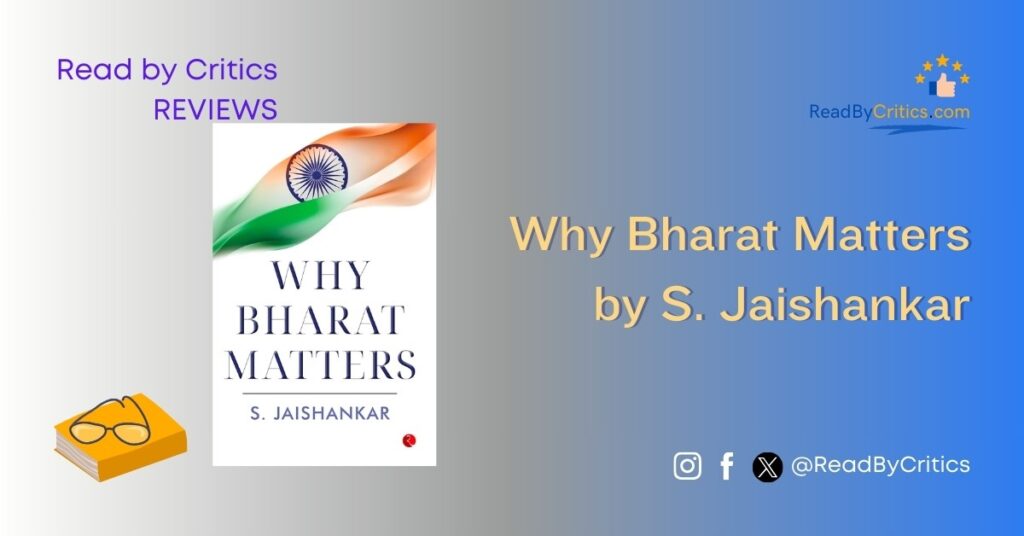Vinayak Damodar Savarkar, who is remembered as Veer Savarkar by a grateful nation, has often been the subject of political narratives, discourses on the Indian freedom struggle, and controversies that arise from utter ignorance of historical instances and lack of understanding of this complex, gigantic, and enormously influential personality who may have overshadowed the superficial legacies of many loosely erected political figures who were, by left-leaning historians and political mercenaries, shoehorned into the narrative of the Indian freedom movement. Savarkar, the person who first told the nation that the 1857 war against the British regime was not sepoy mutiny but rather the first Indian freedom movement which witnessed the supreme sacrifice of Rani Lakshmibai and Mangal Pandey (an ardent Brahman whose ethics did not allow him to serve the oppressors at the cost of his beliefs), along with many others. This towering personality who spent many years in the Cellular Jail in the Andaman and Nicobar Islands, did not get justice at the hands of jaundiced historians. Nevertheless, the dearth of a comprehensive book covering the life and ideology of Veer Savarkar has been fulfilled to a great extent with the publication of Savarkar: Echoes from a Forgotten Past in two volumes by Vikram Sampath, in 2019 and 2021.
To begin with, let’s get the facts straight. Vikram Sampath’s Savarkar: Echoes from a Forgotten Past is an engrossing biography that offers readers an in-depth exploration of Vinayak Damodar Savarkar’s life and his significant contributions to Indian history. Moreover, the book also deals with Savarkar’s involvement and major contributions to the freedom struggle of India. It is to be noted and appreciated that Sampath’s meticulous research, combined with his engaging narrative style, brings this complex figure to life, shedding light on both his achievements and controversies. Like any other book on historical personalities, well, the book has a few shortcomings as well. However, overall, it is undeniably a valuable addition to the understanding of India’s struggle for independence and the important role of Veer Savarkar in the same. If you want to understand the different dimensions of this personality whose influence can still be felt with an even more powerful aura in the Indian mainstream discourses, you need to read this amazing book in two volumes by Vikram Sampath!
One of the book’s notable strengths, among many, lies in the author’s ability to provide a comprehensive and balanced account of Savarkar’s life. Unlike many other authors in the past who have either eulogised or damned Savarkar with their lopsided interpretations of events and evidence, Sampath has tried his best to maintain a balance. The author doesn’t shy away from discussing the controversial aspects of Savarkar’s ideology, making it a nuanced portrayal that invites readers to form their own opinions. And whatever Sampath has put in his rich biography of Savarkar is backed by the author’s extensive research. You can notice it is evident in the detailed descriptions of historical events that allow readers to gain a deeper understanding of the political climate during Savarkar’s time.
Sampath skillfully delves into Savarkar’s early life, at the very beginning of the biography, tracing his journey from a young poet, devoted to the freedom of the nation with revolutionary aspirations to a vocal proponent of Hindutva. The book vividly portrays the tumultuous political landscape of colonial India and showcases Savarkar’s involvement in various movements, such as the Swadeshi movement and the Home Rule movement among many others. Along with the details about the life of Savarkar and details from his perspectives, the author has also written about the contextual details that aid the understanding of a reader who wants to understand Veer Savarkar in essence and also in terms of the political context, with the Indian freedom movement struggle encircling everything. To put it in short, the author effectively captures the essence of the time period, providing readers with a vivid backdrop against which Savarkar’s ideas and actions unfold.
Moreover, Sampath also presents a few thought-provoking excerpts from Savarkar’s writings, such as his concept of Hindutva and his advocacy for cultural nationalism. Without any layers of superficial and biased interpretations, these passages allow readers to engage directly with Savarkar’s ideas and appreciate the profound impact they had on India’s struggle for independence. This particular part of this two-volume book is something that I admire the most. If an author is writing about a person whose ideas had (and continue to have) a massive impact on people en mass, there must be examples of writings, speeches or literary works for direct access to readers who want to know about about the person behind the thoughts and the thoughts themselves. Further, the author’s inclusion of multiple perspectives, including those critical of Savarkar’s views, ensures a well-rounded examination of the man and his legacy.
However, the book does have a few drawbacks, and I am not denying them. The first thing that any critical reader may notice is the narrative and its varying style. At times, Sampath’s prose can become overly dense, particularly when describing intricate political manoeuvres. As a result, this may make it challenging for casual readers to fully grasp the nuances of the historical events depicted. While the book offers a thorough analysis of Savarkar’s political journey, it occasionally shines excessive light on certain aspects of his personal life, leaving readers wanting more insight into the man behind the ideology. Nevertheless, Savarkar: Echoes from a Forgotten Past, despite a few shortcomings that may mostly be ignored, is a commendable biography that succeeds in reviving interest in a figure who has often been neglected or misunderstood by many historians and recorders of the political history of the Indian freedom struggle. Sampath’s research is evident throughout the book, and his ability to present different perspectives makes this a valuable resource for anyone interested in Indian history and the complexities of the freedom struggle, circling around the personality of Veer Savarkar and his contributions to the same. By confronting the controversies surrounding Savarkar head-on, the author encourages readers to critically examine the past and question the legacies left behind by influential individuals. I am sure reading this book will clear the maximum doubts about the man and his ideas!
In the end, let me reinforce that Vikram Sampath’s Savarkar: Echoes from a Forgotten Past is a captivating biography that skillfully navigates the life and ideas of Vinayak Damodar Savarkar. The book unfolds itself and attracts readers with meticulous research, engaging storytelling, and thought-provoking analysis. Sampath presents a comprehensive portrayal of this complex political figure. It is a commendable accomplishment in the genre of non-fictional prose! This a must-read for readers who are interested in knowing about Savarkar and his thoughts that changed the world for many Indians. You can get these two volumes from Amazon India. Click the link given below.
Buy the book from Amazon India – click here to go to the Amazon India page.
Review by Ashish for ReadByCritics
Savarkar: Echoes from a Forgotten Past by Vikram Sampath – Book Review
-
ReadByCritics Rating
Summary
A well-researched and painstaking biography of Veer Savarkar that leaves no doubts once you have gone through the book…




